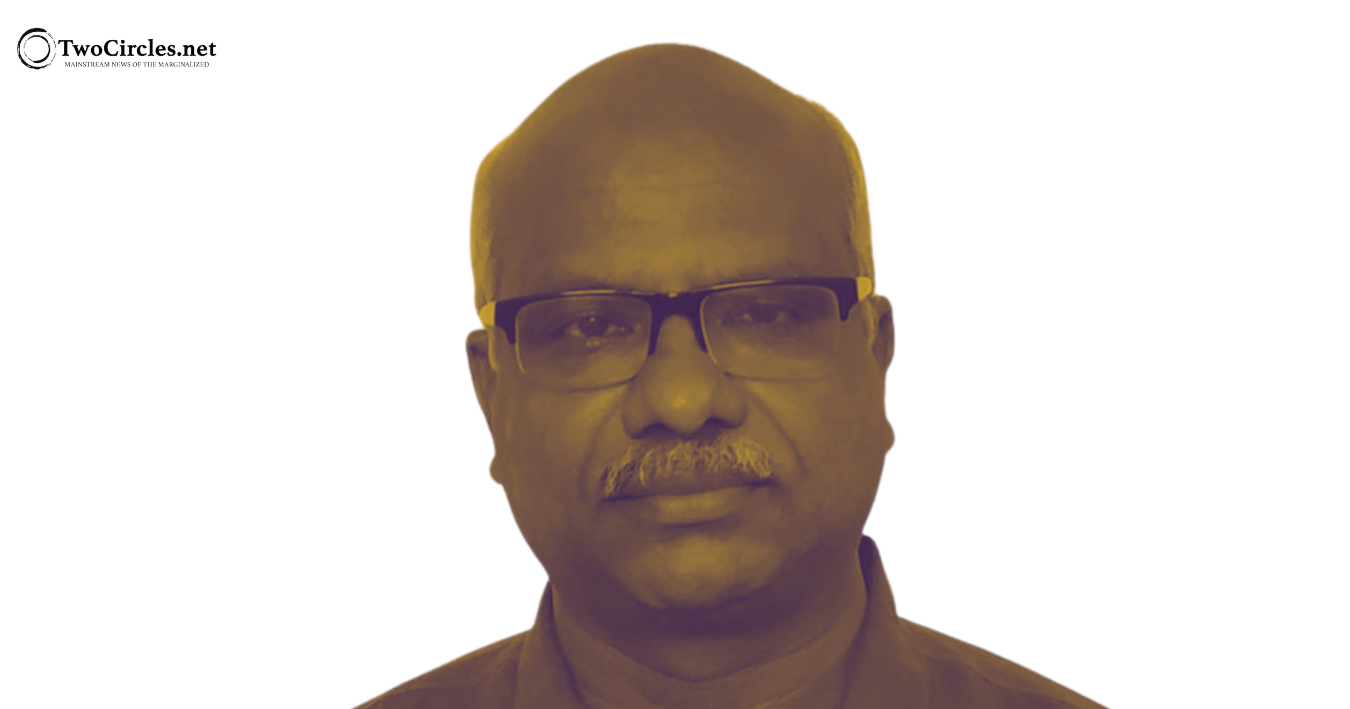DU professor on why legislation is needed to prevent caste discrimination in higher educational institutions

Professor N. Sukumar's new book studies the exclusion and discrimination against Scheduled Caste (SC) students in the Indian higher education system and the psychosocial consequences of such practices.
Aatika S | TwoCircles.net
NEW DELHI — N. Sukumar is a professor at Delhi University’s Department of Political Science. His new book ‘Caste Discrimination and Exclusion in Indian Universities - A Critical Reflection’, has become an important landmark for Dalit students all over India.
The book calls for a model of education that is driven through inclusivity and empathy, above anything else.
In an interview with TwoCircles.net, Prof. Sukumar talks about the issues of caste, education and assertion. He also sheds light on what needs to be done to prevent caste discrimination in educational institutions.
Tell us about your book?
The book studies the exclusion and discrimination that is meted out to Scheduled Caste (SC) students in the Indian higher education system and the psychosocial consequences of such practices. It foregrounds the conceptual debates around caste, exclusion, and reservations in Indian academia, discussing the social dominance and the roots of prejudices in the university spaces.
How did the idea for the book come about?
In 2008, Senthil Kumar, a PhD scholar in Physics belonging to the SC community at Hyderabad University committed suicide in his hostel room unable to cope with systemic discrimination on the campus. His body was discovered after two days. I could comprehend Senthil’s universe as I had spent a decade on the same campus and was familiar with the insidious working of caste bigotry in the university. When I narrated my experiences of caste inequity in the university setting at an academic gathering at Delhi University, I was ridiculed as the audience felt that caste is an anachronism in a modern institution. Some pointed out that I am valorizing victimhood. As a first-generation Dalit in academia, the onus is on me to prove the veracity of exclusionary practices in higher educational institutions to an unbelieving academic audience. This motivated me to probe further into the lived experiences of Dalit students on campuses by focusing more intently on particular ways through which these students create meanings from their experiences.
What sets the book apart from the previous studies on SC students in institutes of higher learning?
The book reflects on the fragile social world in which students from the margins struggle for survival in the academic space. It reveals that these students navigate the various facets of academia — like classrooms, pedagogy, scholarships, hostels, peer groups, and teachers — only to find the academic space a dystopian universe. The book also sheds light on suicide cases committed by marginalized groups as a testimony of protest.
What are your thoughts on SC status being accorded to Dalit Christians and Dalit Muslims?
Yes, it is very much required. Dalits, even after converting to the above-mentioned religions, experience caste discrimination. This refusal to grant reservation is nothing but a political ploy by the state to create internal divisions for its own political gains.
What are your thoughts on the recent EWS reservation judgement?
Reservation is basically for socio-cultural reasons but the EWS quota has been deliberately put in place to dilute the whole idea of reservation. All these decades the argument was that reservations dilute merit but what about EWS? Will it not dilute the standards of these higher educational institutions?
The problem of gatekeeping (by Savarnas) in academia is severe even in foreign universities. How can it be tackled?
Dalit students and faculty should also occupy these spaces. This is also a serious matter and a policy is needed to make these spaces more inclusive.
As major higher education universities continue to reel under financial crisis and a tightening noose on dissent with an increasingly right-wing culture, often the worst sufferers are the marginalized students as well as women. How to tackle this grave issue?
Education is a public good and there should be a societal urge to claim it. Everybody agrees on privatisation across political parties Therefore Dalit-Bahujan intellectuals, political parties and people should realise how they are losing out on precious resources and hence need to safeguard them. This struggle needs to be organised collectively to challenge the right-wing forces in the university spaces.
Social auditing and public hearings on the issues of discrimination need to be initiated with the active involvement of different stakeholders within and outside the campus spaces and also the state needs to take an active role in constituting a body to study discrimination in higher educational institutions like universities, IIT’s, IIM’s etc. Just like the Anti-Ragging Act, there must also be legislation on the issue of caste discrimination to prevent discrimination in higher educational institutions.
